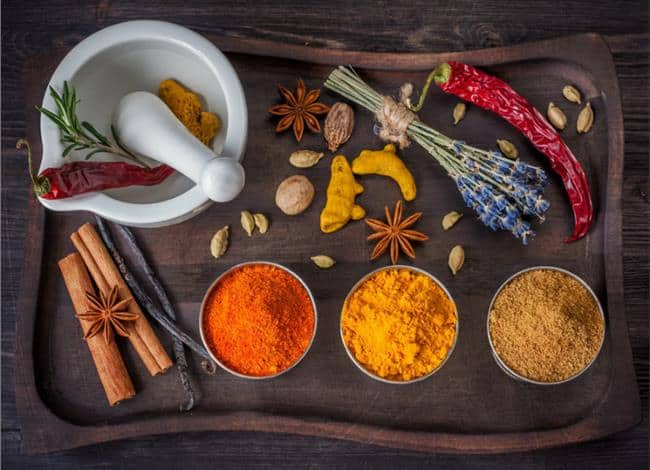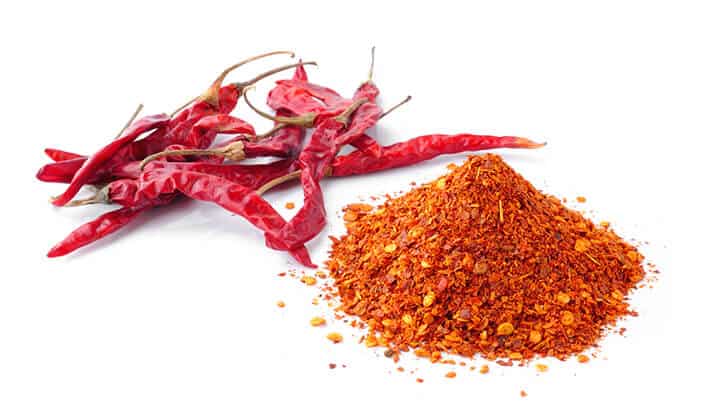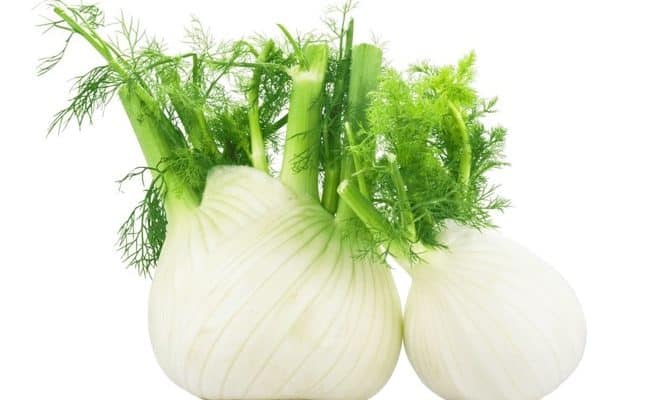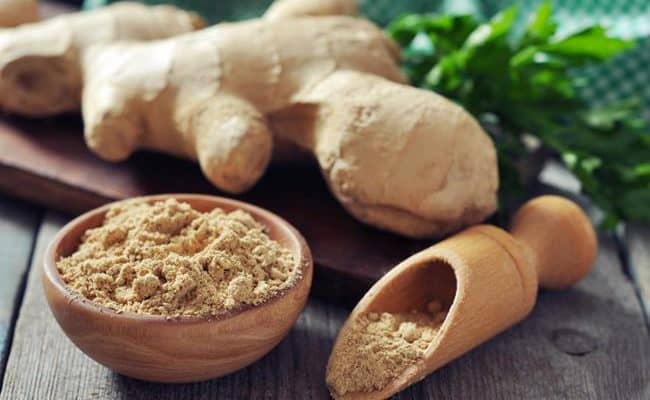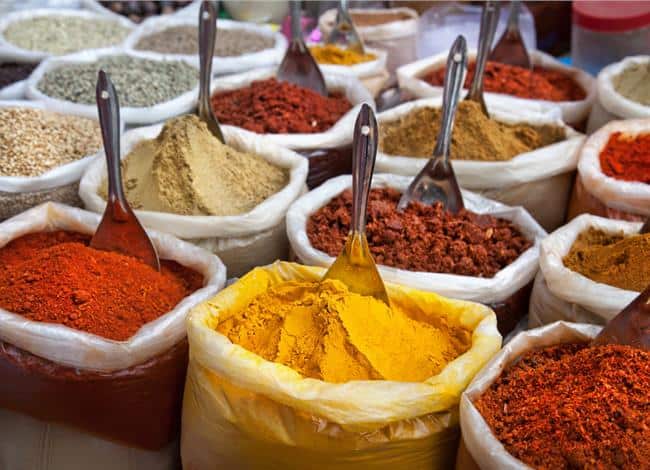
Cayenne pepper is a spice made from dried red cayenne chile peppers. It can be ground into a powder, eaten whole or as crushed red pepper flakes. Both the hot flavor and the health benefits associated with cayenne pepper are usually due to the chemical called capsaicin.
Like other spices, cayenne pepper has been used as a home remedy for centuries.
Research does suggest cayenne pepper may have some health benefits including: pain relief, increasing metabolism, being a source of antioxidants and may help lower postprandial insulin levels.
Adding cayenne pepper to your diet could be good for your health, but use caution taking supplements with cayenne.
It is also recommended to speak with your doctor before increasing your cayenne pepper intake if you have certain medical conditions or digestive problems.
Pain relief
Eating spicy foods may cause some pain in the mouth for some, so it may seem funny cayenne pepper actually has pain relieving properties.
Some creams even have capsaicin in it to help relieve topical pain.
Injections of capsaicin have also been shown to help relieve certain types of pain, but the pain relief is only immediately around the injection site (1).
Will eating cayenne pepper translate to pain relief in your body? Probably not.
However, consuming cayenne pepper may provide some compounds your body needs to lower pain.
More research is needed. Before using any creams or topical applications with cayenne, consult your healthcare team.
Cayenne pepper and weight loss
Some studies have shown large intakes of cayenne pepper may be beneficial for weight loss.
The rationale for this is cayenne, and other spicy foods, may temporarily increase metabolic rate and suppress appetite after eating.
However, in reality eating a high amount of cayenne around 10 grams worth is unreasonable for most people.
A 2011 study (2) looked at the effect 1 gram of red pepper would have on metabolism and appetite.
Researchers found when study participants ingested 1 gram of red pepper with a meal, body temperature was higher and respiratory quotient (RQ) was lower than when they did not eat the red pepper.
An increase in body temperature can mean an increase in metabolism, and a lower RQ number means a greater percent of fat compared to carbohydrate is being used for fuel.
Energy intake was also lower after the meal with red pepper compared to a test meal.
This study suggests eating a standard dose of cayenne pepper may be beneficial for suppressing appetite and aiding the body to use body fat as a main fuel source.
However, researchers concluded from this study long term spice intake may desensitize appetite suppression.
Also, keep in mind while cayenne may increase metabolism, the effect is very slight.
According to WebMD, consuming about a gram of cayenne pepper can raise calorie burn by about 10 calories over four hours (3).
Therefore, adding cayenne pepper to meals won’t drastically cause any significant weight loss on its own.
Antioxidant source
Cayenne pepper is a source of antioxidants, so it can be considered good for your health.
According to a 2013 study (4) that compared aqueous extracts of garlic, ginger, cayenne pepper and a combination of all three, the cayenne pepper had the highest levels of antioxidants that were tested.
The combination of all three spices had a synergistic affect which suggests eating the more spices the better for antioxidant levels.
Cayenne pepper, like other types of peppers, is a good source of antioxidant vitamin C and beta carotene.
Eating a diet high in antioxidants may help lower risk for chronic diseases.
Fruits, vegetables, spices, herbs, nuts and legumes are good sources of antioxidants.
Interestingly, research has not shown antioxidant supplements to lower risk for chronic diseases.
Lowering insulin levels
Eating meals with cayenne pepper or other hot spices may offer the health benefit of lowering insulin release after a meal.
A 2006 study (5) measured the insulin levels after a bland meal from a bland diet, chili meal after a bland diet or a chili meal after a chili eating diet.
Researchers found the habitual consumption of chili had the lowest levels of insulin after a meal.
This study suggests regular consumption of chili may help lower postprandial insulin levels.
Pepper pills not same as eating cayenne pepper
The 2011 study (6) that found consuming a gram of red pepper may aid in suppressing appetite and may help increase fat burn also looked at the effect of consuming red pepper pills and weight regulation.
Researchers found the lowered RQ level was only from ingesting red pepper, not from taking it in pill form.
Therefore, the effect pepper has on metabolism may be from sensory inputs like oral exposure.
Caution
Consuming cayenne pepper with a combination of ingredients for a “detox” is not supported from research.
Cayenne pepper pills may also cause gastric distress and increase stomach acid (7).
Drastically increasing your intake of cayenne pepper may also irritate the digestive tract, so if you have any gastrointestinal concerns, speak with your physician before increasing your cayenne intake.
Conclusion
Cayenne pepper is a source of antioxidants which is beneficial for health because antioxidants can protect cells from damage.
Cayenne may help increase fat burn and may help suppress appetite which can be beneficial for weight regulation.
However, some studies suggest habitual intake may desensitize some of these perceived weight loss benefits.
Long term consumption of cayenne pepper may be helpful for lowering postprandial insulin levels. More research is needed to confirm these findings.
Keep in mind other factors influence insulin release from a meal like the total amount of food you eat and the glycemic load of a meal.
Adding more cayenne pepper to your diet can be healthy, but keep in mind adding spice to your diet could affect the digestive tract.
If you have heartburn or ulcers, adding more cayenne may not be recommended.
